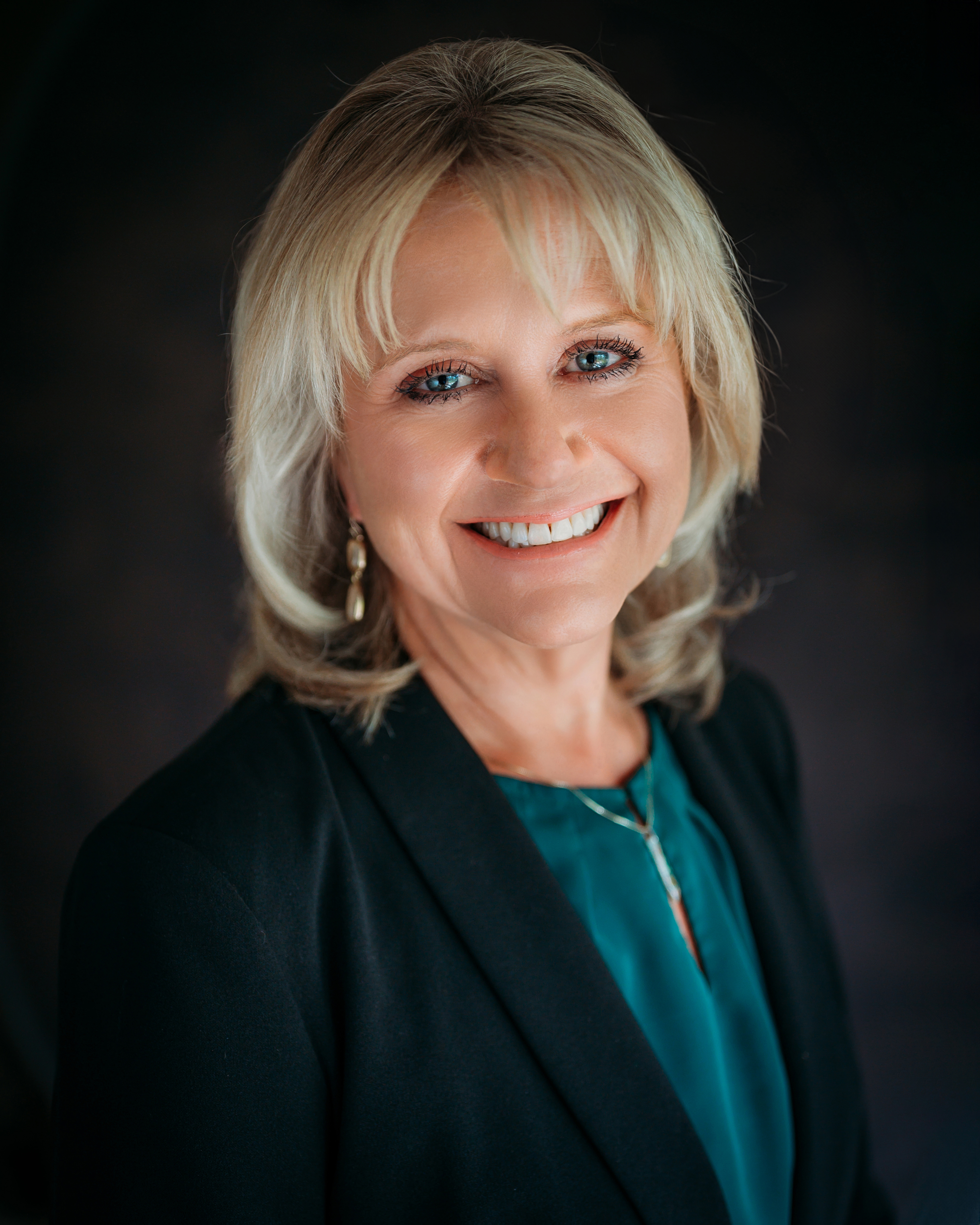Spartan Undergraduate Experience Strategy highlights: the Campus Student Success Group (CSSG)
By Amy Martin, assistant dean, Student Success Strategy

This month, we shine a spotlight on the important work of the Campus Student Success Group (CSSG). This dynamic committee is made up of 85 dedicated leaders, educators, and staff representing all undergraduate-serving colleges and key offices across the university. These include units reporting to the Provost, like Institutional Research, Undergraduate Education, Enrollment Services, and International Student Programs, as well as departments under University Health and Wellbeing, including Counseling and Psychiatric Services (CAPS) and the Resource Center for Persons with Disabilities (RCPD). Additionally, Student Life and Engagement units, like the Office of Student Support and Accountability (OSSA) and Residential Education and Housing Services (REHS), are joined by representatives from Athletic Support Services and the Neighborhood Engagement Center team.
Formed in 2018, CSSG began as a collective group of college leaders committed to addressing barriers to student success. Their role shifted during the COVID-19 pandemic, evolving into a key coordinating body that facilitated updates and collaborations across a virtual campus and later supported the return to residential life and learning. These efforts have forged a robust community of leaders committed to shaping the university to better meet the needs of a new generation of students.
This year, CSSG is returning to its founding mission and aligning its work with the Spartan Undergraduate Experience Strategy. The Strategy focuses on five critical opportunity areas aimed at closing student opportunity gaps, ensuring that every undergraduate student can learn, thrive, and graduate. The leadership team has expanded to include, Shannon Brecheisen, assistant dean for Undergraduate Academic Operations and Student Experience; Erin Carter, chief of staff, Student Life & Engagement; Danielle Lopez, assistant dean, College of Natural Science and UAL Representative; Swapna Hingwe, director, CAPS; Christina Bridges, strategic retention manager; and Ellie Louson, CTLI learning designer and assistant teaching professor. This team works alongside executive leaders Mark Largent, vice provost and dean of Undergraduate Education, Renata Opoczynski, assistant provost for Undergraduate Student Success.
CSSG Goals
CSSG’s work centers on two primary goals. First, the group has developed a comprehensive plan to address policy and process barriers that impact student success, with the goal of making meaningful progress between now and 2030. Over the summer, the group identified 25 key policies for review, prioritizing five areas for immediate action. The effort is spearheaded by leaders who operate in partnership with Susan Richter, data scientist, Abe Huyser-Honig, data analyst, and the Office of Institutional Research, and it focuses on:
- Enrollment Holds – Led by Deb Dotterer, director, SIS Transition and Operations, this team is addressing the 81% of holds that are financial in nature.
- Non-Citizen Student Needs – Led by Genyne Royal, assistant vice president for Student Life & Engagement and assistant dean for Student Success Initiatives in Undergraduate Education, this team is focused on improving support for non-citizen students.
- Transfer Process Improvements – Led by Becky Keogh, senior associate registrar, this initiative aims to ensure that students seeking to transfer to MSU have the information they need before matriculation.
- Withdrawal Policy Updates – Kari Stone-Sewalish, assistant director of assessment, Office of Accreditation, Assessment, Curriculum, and Compliance, leads efforts to make the withdrawal process more accessible and better connected to academic and financial advising.
- Academic Probation Policy Enhancements – CSSG is partnering with the Academic Standing of Undergraduate Students (ASUS) committee in UAL to unify probation policies and improve outreach to students with GPAs between 2.0 and 2.5.
The second goal of CSSG is highlighting and promoting promising practices across the five opportunity areas for student success. This involves identifying barriers, bridges, and gaps in student engagement while ensuring that every undergraduate has access to high-impact learning opportunities. This month we highlighted University Innovation Alliance Faculty Fellow and Math Instructor Jane Zimmerman’s work exploring innovative teaching practices that support student success, including culturally relevant pedagogy in collaboration with the Center for Teaching and Learning (CTLI). Mathematics doctoral candidate Samara Chamoun also shared insights from her recent assessment of non-content barriers students face in mastering Math 101 and 103. Their research highlights the critical connection between classroom learning, student well-being, and a sense of belonging. They will be providing more details about their work in next month’s student success newsletter.
CSSG’s role also extends to fostering collaboration across the university. Members are actively engaged in coordinating efforts with University Advising Leads (UAL), the Council of Undergraduate Deans (CUED), the University Committee on Undergraduate Education (UCUE), Faculty Senate, Provost’s Council, SLE Leadership team and other key groups to ensure alignment and progress across all student success initiatives.
Finally, CSSG will be introducing a new recognition program to celebrate outstanding contributions to student success. Monthly and annual awards will highlight achievements in each of the five opportunity areas, with recipients featured in our newsletters.
If you have promising practices that you believe could help close undergraduate student opportunity gaps, we encourage you to reach out. Please contact me, Amy Martin, assistant dean for Student Success Strategy, at mart1742@msu, or Maria O’Connell, University Innovation Alliance fellow and strategic manager of Student Success Initiatives, at jacomema@msu. We look forward to hearing from you and continuing our work together to support the success of every Spartan.